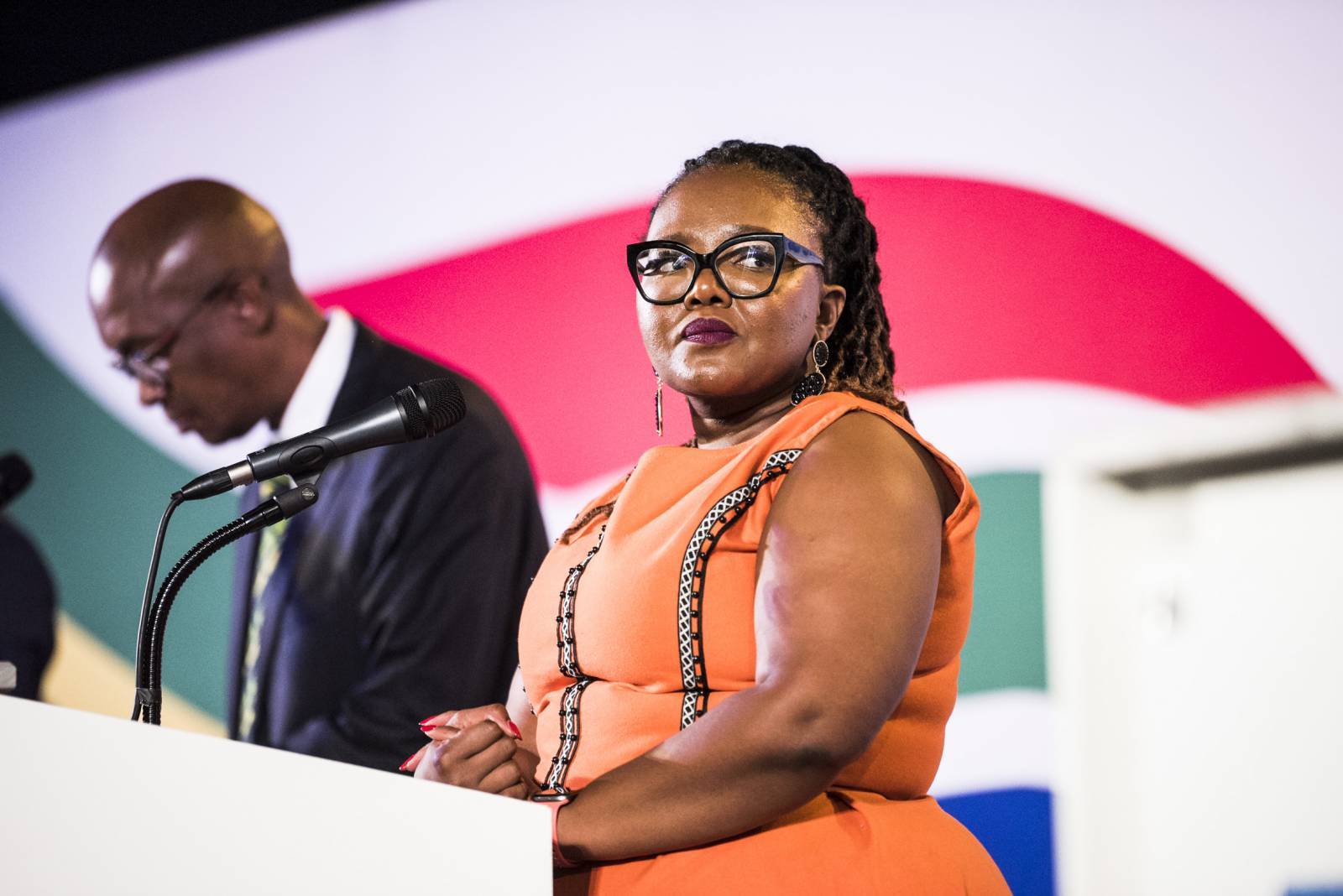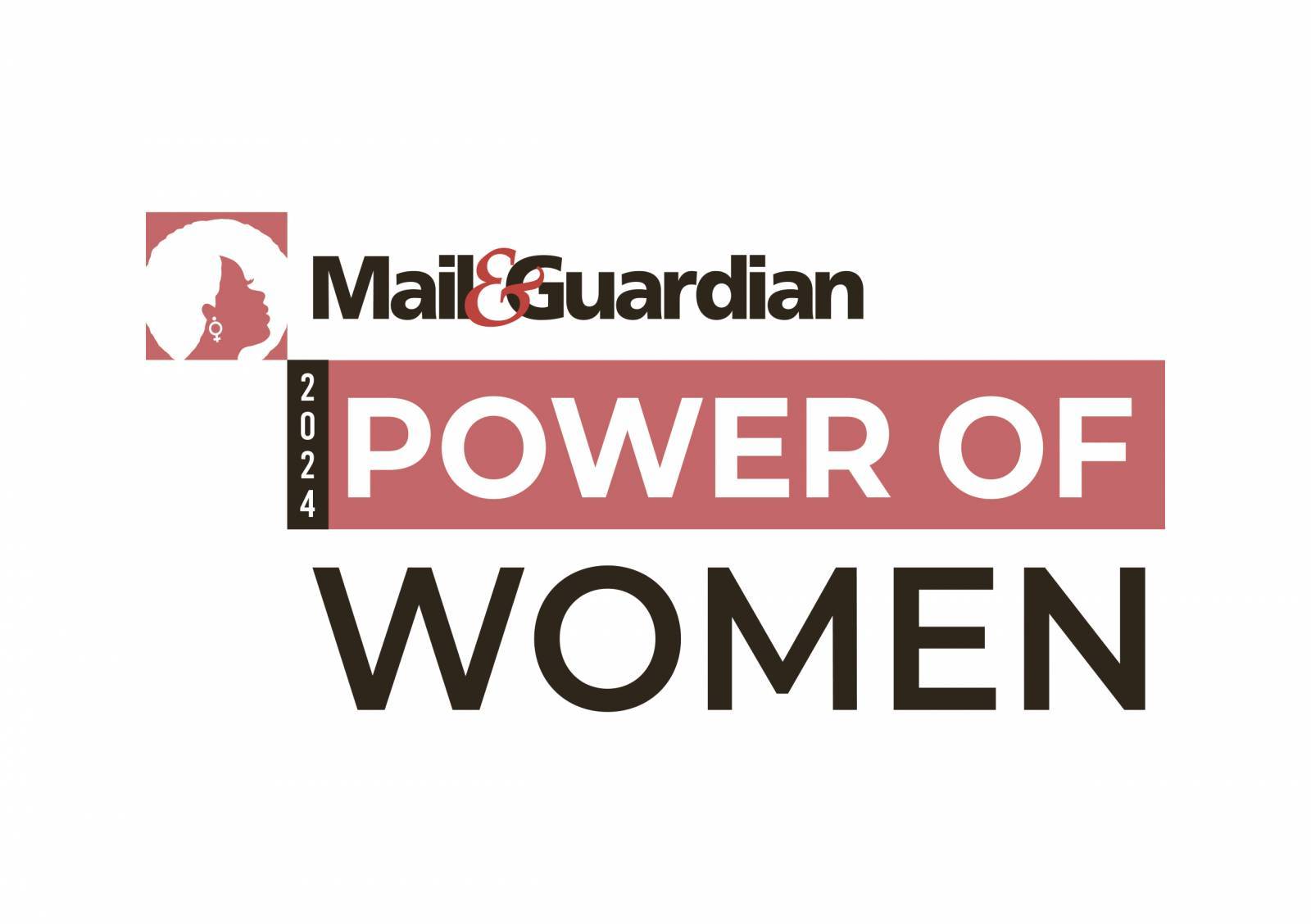Red-carpet treatment at the White House for Indonesia’s president and visits by the United States defence secretary, Donald Rumsfeld, to Singapore and Thailand this week, are partly intended to shore up support in south-east Asia for Washington’s ”war on terror”.
Cooperation is the region’s official watchword when it comes to threats posed by al-Qaeda linked groups such as Jemaah Islamiya, responsible for the Bali bombing in 2002, and Abu Sayyaf in the Philippines. But deep unease about the impact of US methods and Washington’s wider leadership role is the offstage reality.
Nowhere is this ambivalence more evident than in Malaysia, a majority Muslim country that chairs the Non-Aligned Movement and the Islamic Conference but is also thought of as a pro-western ”moderate”.
Addressing an Asia-Pacific security roundtable here last week, Malaysia’s Prime Minister, Abdullah Ahmad Badawi, said terrorism was only one of many threats with potentially ”catastrophic consequences”. Divisive alliances were another, he said, meaning the risk of the region splitting into pro-China and pro-Japan, pro-America camps.
Exceptionalism led to arrogance, Abdullah warned. ”Global hegemony from whatever source is undesirable,” he said.
Asked about America’s ”war on terror”, Najib Tun Razak, Malaysia’s deputy prime minister and defence minister, pointed to intelligence-sharing with the US, Malaysia’s new regional counter-terrorism centre, and a bilateral military logistical support agreement that was extended last month.
But Najib, as he is known, made no effort to disguise differences of approach.
Unlike in Singapore, there would be no US bases in Malaysia. ”We have similar objectives [to America]. We want to eliminate all forms of terrorism. Where we differ is how to get there,” he said.
”Malaysia is an independent country. We want others to treat us as equals, to respect us for what we are.”
Malaysia refused to send troops to Afghanistan or Iraq. And despite global concerns over nuclear materials smuggling, the country is boycotting the US maritime proliferation security initiative.
The government has also opposed a US idea for joint naval patrols to prevent piracy and possible terrorist attacks in the Malacca Strait, a vulnerable strategic oil route in Malaysian and Indonesian waters.
”Basically, we like to have the right to decide what to do and how to do it within our territory,” Najib said.
He conceded that domestic Islamic opinion influenced the government’s outlook. But he said indigenous insurgents, such as the Malaysian Mujahideen Group (KMM), had been rendered ineffective, and the hardline, opposition Pan-Malaysian Islamic party (PAS) was unrepresentative.
”The government is constantly concerned its religious credentials may be open to attack by PAS if it is not sufficiently assertive of Malaysia’s Islamic identity,” a diplomatic source noted.
Mohamed Jawhar bin Hassan, the director-general of Malaysia’s Institute of Strategic and International Studies, denied there was any ambiguity. ”There is zero tolerance for terrorism of whatever kind,” he said. ”The threat from Jemaah Islamiya is both external and internal. We also have the KMM. But as far as Malaysia is concerned, as far as we know, virtually all of them are behind bars.”
But he agreed that Malaysia was keen not to become a target. ”We are doing everybody a favour by not having the Americans here. They are a lightning rod. They attract terrorists. We help them quietly.”
Malaysia believes it has its own way of doing things. It is quietly mediating talks to end a long-running conflict in the southern Philippines, and has helped contain unrest involving ethnic Malay Muslims in southern Thailand.
Najib rejected criticism by the opposition leader, Anwar Ibrahim, that security concerns were an excuse for internal repression.
”Malaysia is a haven, is heaven, compared to many countries. I don’t think we have to apologise for anything,” he said.
Detention without charge and back-door media curbs would not last forever. ”There will be an easing of restrictions as we go along … but we are not going to loosen up drastically. Stability is crucial,” Najib said. – Guardian Unlimited Â


